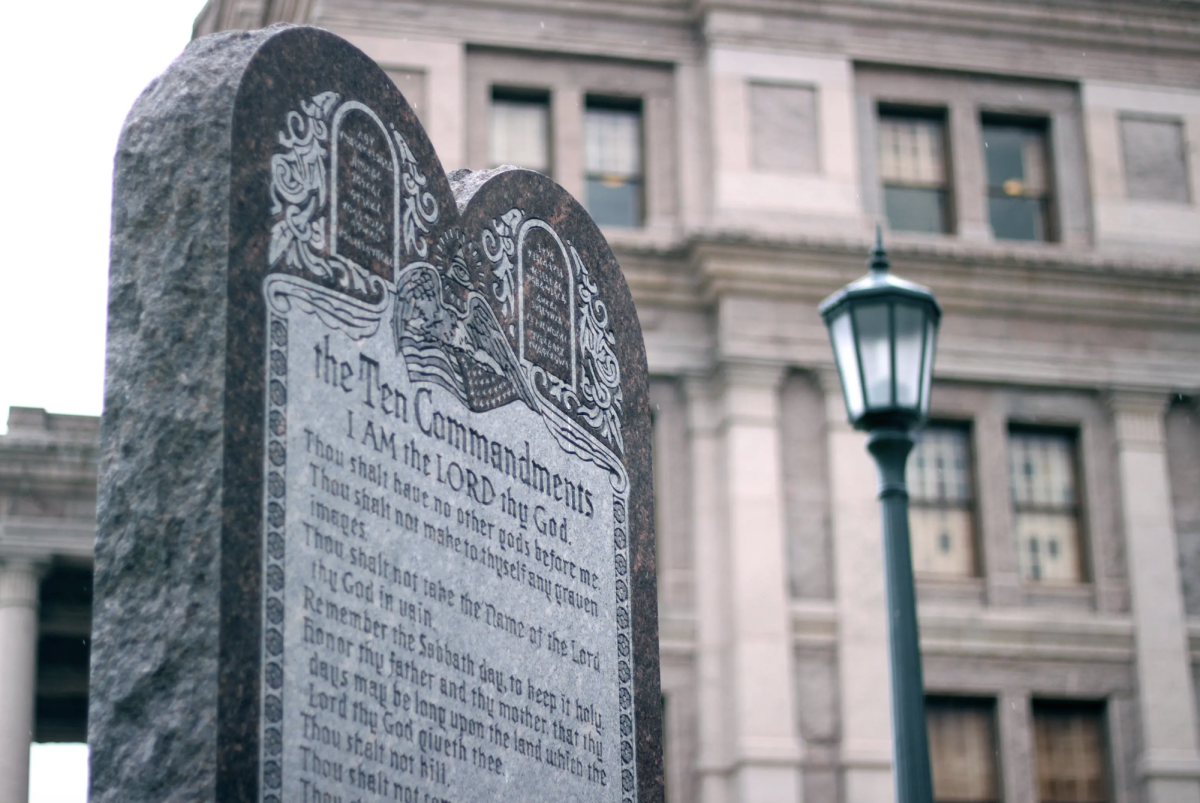“Texas Privacy Act” blocks transgender-rights law
Senate Bill 6 filed in opposition to new bathroom policy
January 11, 2017
Texas Lieutenant Governor Dan Patrick has proposed to pass Senate Bill 6, a piece of legislation that would effectively block the Obama administration’s policy which requires public schools to allow students and faculty to use the bathroom of the gender they identify with. Patrick announced this bill on January 7, and has since received a mixture of praise and backlash.
“It’s not right because it’s another segregation law,” senior Macy Green said. “It violates transgender rights. It makes transgender people feel unaccepted by the public, and every human being wants to feel like they belong.”
Patrick’s bill would compel government buildings and public schools to ensure that bathrooms were being used only by those of the corresponding gender that they were assigned at birth. School districts, charter schools, and state agencies would be fined between $1,000 to $1,500 per day for the first offense if they were to defy this law. This penalty would increase to between $10,00 to $10,500 per day for the second offense.
“Any shared public restroom should be used by the people of the designated sex,” senior Jared Bouloy said. “Immature people may not take the issue seriously and try to take advantage of any kind of free-reign on bathrooms, destroying their comfort and safety.”
Several civil rights groups, LGBTQ rights activists, and the Texas Association of Business have spoken out in opposition of the bill. Many say that it is a violation of civil rights, and discriminatory to transgender individuals. The Texas Association of Business has estimated that Texas could lose anywhere up to 8.5 billion dollars, and 200,00 thousand jobs if the bill is passed. These estimates could reflect the revenue fall out that North Carolina experienced after the passing of House Bill 2, a bill that has similar intentions to the Texas Privacy Act.
“I think that for a lot of young people that are questioning their gender, it’s already hard for them,” junior KK Farris said. “I don’t understand why me going to the bathroom [of my choice] should cost my school district money.”
Those in favor of the bill say that it would prevent sexual predators from abusing the new policy by allowing them to widen their possible pool of victims, and keeping them away from small children. Lt. Gov. Patrick has responded to public outcry by stating that privacy and safety will be prioritized above political correctness.
“Until we can figure out a better way to actually identify who is transgender, I would say we shouldn’t let [Obama’s policy] happen,” senior Chase Broderick said. “It can be a safety concern or make people uncomfortable. I think it definitely depends case to case, but overall I would have to say no.”
Lt. Gov. Patrick has made the Texas Privacy Act his highest priority for the 85 legislature, a group of 181 Texas lawmakers who come together to vote on various bills. If passed, the Texas Privacy Act would go into effect on the first of September this year.







